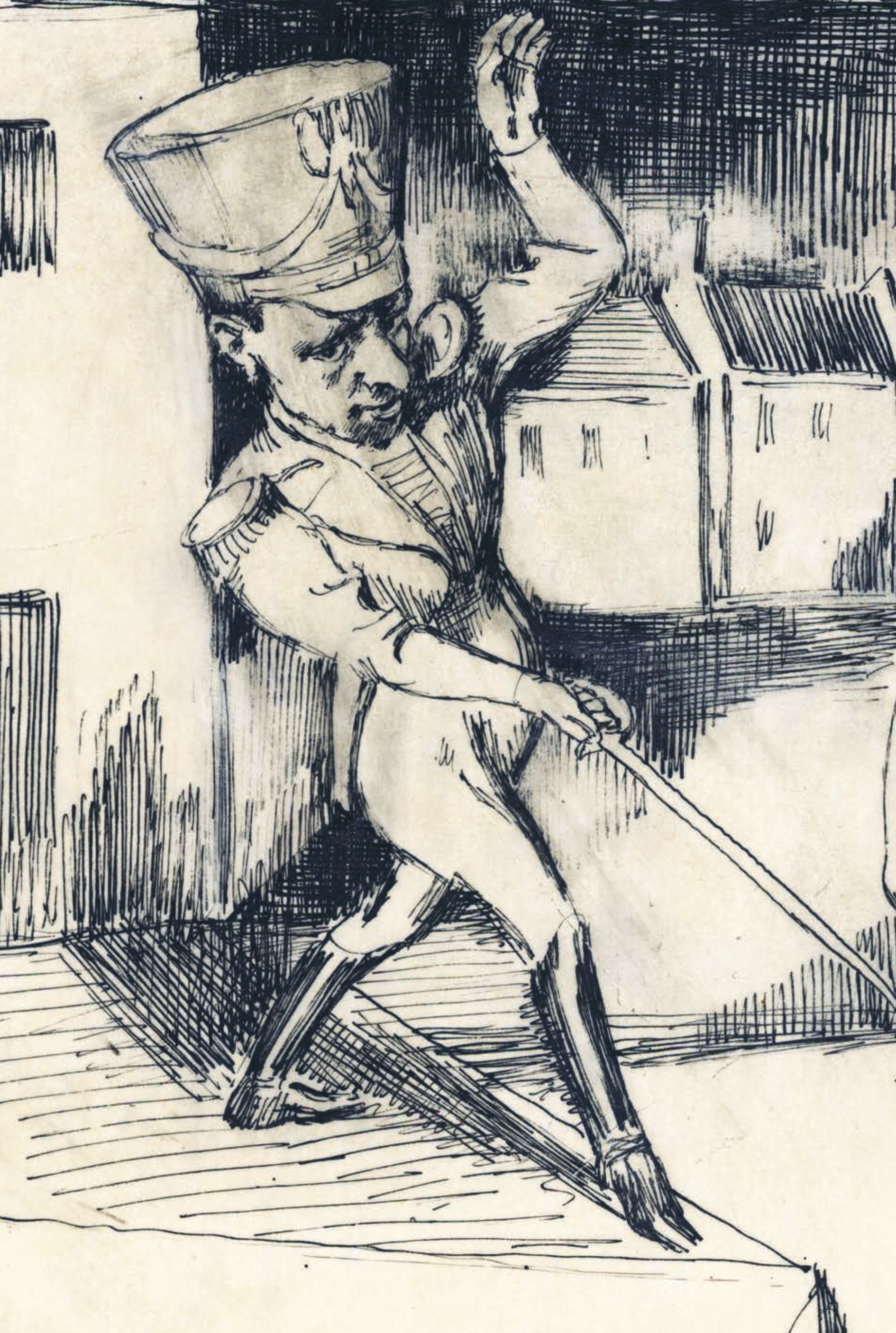Dzieciństwo, kicz i manekiny. Magiczne doświadczenia i przeżycia Waltera Benjamina i Brunona Schulza
DOI:
https://doi.org/10.26881/sf.2022.19-20.06Abstrakt
In this article, presented in July 2005 at the Cerisy-la-Salle symposium on Walter Benjamin, the author attempts to highlight some similarities in thought and inspiration between Benjamin and Bruno Schulz, particularly in their approach to childhood and their fascination with kitsch, knick-knacks, wigs, and mannequins. Marc Sagnol begins by comparing Benjamin’s Berlin Childhood with Schulz’ Cinnamon Shops, noting the importance for both writers of the ‘imperial panorama’ or ‘panopticon’ of their childhood, and of the theater as a metaphysical event that divides the world into an immediate and a fictitious reality. Just as Schulz has a predilection for junk and all things futile, mannequins, wax figure cabinets, and postage stamps from exotic or lost countries, so Benjamin is interested in the nineteenth-century ‘kitsch’, which he theorizes in Passages, collectors, wax figures from the Musée Grévin, automata and curiosity cabinets that he finds in the passages. A troubling example of their intellectual a nities is their shared interest in Anna Csillag, the woman with long hair whom Benjamin thought he saw in a wigmaker’s window in a passageway, while for Schulz, this character discovered in an almanac is like the matrix of the Book itself, in a famous fragment of the Sanatorium under the Sign of the Hourglass.
In conclusion, Sagnol imagines a meeting that could have taken place between the two writers, in a passageway or at the Musée Grévin, during Schulz’s stay in Paris in August 1938. Unfortunately, Benjamin was at that time playing chess in Denmark with his friend Brecht.
This text partially inspired a literary work, À Paris, égaré, by Dominique Hérody (2019).

 Uniwersyteckie Czasopisma Naukowe
Uniwersyteckie Czasopisma Naukowe





